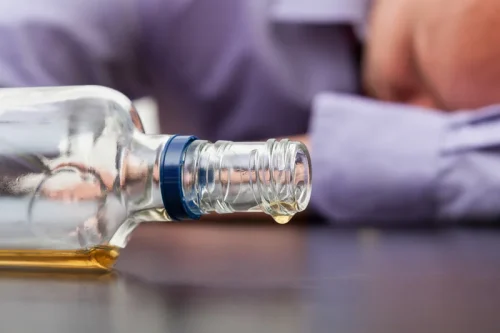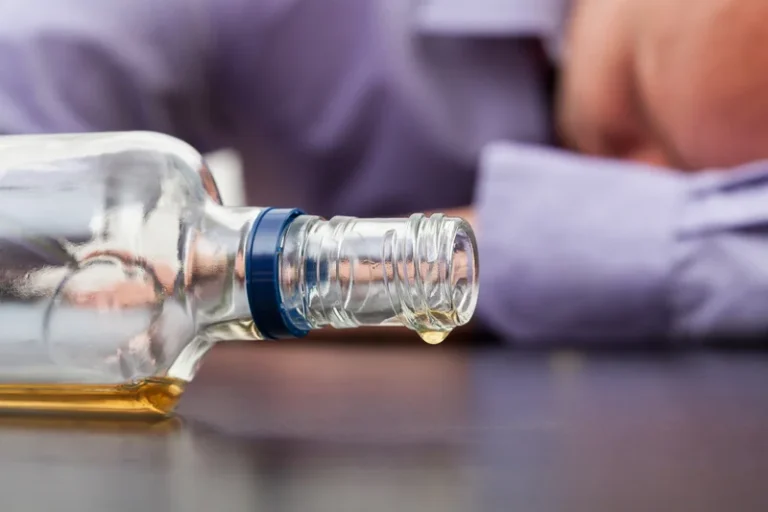How Long Does It Take to Detox from Alcohol? Timeline and More

Also, withdrawal symptoms are relieved immediately by consuming additional alcohol. This puts you at a significant risk of relapse when you try to quit drinking at home without professional help. The National Institute on Alcohol Abuse and Alcoholism (NIAAA) estimates that 29.5 million people have alcohol use disorder (AUD) in the United States. Yet, only about 7.6% of people with AUD receive treatment for their alcohol addiction. Determining exactly how long alcohol is detectable in the body depends on many variables, including which kind of drug test is being used. Alcohol can be detected for a shorter time with some tests but can be visible for up to three months in others.

Urine
- That’s why heavy drinking can cause a variety of alcohol-related diseases and disorders.
- The severity of the withdrawal response after discontinuing alcohol depends on the duration of alcohol use and the quantity of alcohol consumed.
- This is especially true if you did not consume adequate food before, during, and after drinking alcohol.
- Finally, it is important to note that, in certain cases, a person could experience life threatening symptoms due to alcohol withdrawal.
- The liver gets most of the attention when it comes to alcohol metabolism.
- But according to the Centers for Disease Control and Prevention (CDC), having just one drink and taking the right precautions shouldn’t harm your baby.
With a focus on practical advice, we aim to equip you with the knowledge to responsibly manage alcohol’s impact on your body. Our state-specific resource guides offer a comprehensive overview of drug and alcohol addiction treatment options available in your area. Alcohol can be detected in urine, blood, saliva, sweat, breath and even your hair follicles.

What is blood alcohol concentration (BAC)?
Instead, all of your energy and focus can be spent where it’s really needed, which is on overcoming addiction. By Buddy TBuddy T is a writer and founding member of the Online Al-Anon Outreach Committee with decades of experience writing about alcoholism. Because he is a member of a support group that stresses the importance of anonymity at the public level, he does not use his photograph or his real name on this website. Like many other drugs, alcohol can be detected with a hair follicle how long does it take to flush out alcohol drug test for up to 90 days.
- The more alcohol a person drinks, the longer it takes for the alcohol to get out of their system.
- This serves as a comparison to give a better picture of how long the alcohol has been in the bladder.
- A doctor might also recommend certain dietary changes or supplements, such as vitamins B-1 (thiamin) and B-9 (folic acid), to help the body cope with the decreasing alcohol intake.
- My coconut charcoal can also help to bind to potentially irritating proteins, such as casein and gluten.
How Long Does Alcohol Stay in Your System
Women have less dehydrogenase, which is a liver enzyme that breaks down alcohol, than men. Most people stop having withdrawal symptoms four to five days after their last drink. Currently, there is a test that can detect alcohol use up to 80 hours, or 3 to 4 days, after the last drink a person had. When someone is drinking alcohol particularly quickly, the liver cannot process all the alcohol at the same rate, so it remains in the body. Once alcohol reaches the bloodstream, it goes to the liver to be processed or metabolized. Around 20 percent of the alcohol a person drinks is absorbed rapidly into the bloodstream through the stomach.
- A person who has a long history of heavy drinking could have a seizure six hours after stopping drinking.
- How frequently and how fast you drink, as well as the alcohol content in your beverage, can all influence how long alcohol stays in your system.
- Eating iron-rich foods can give you energy, make you feel replenished and help to alleviate the effects of alcohol consumption.
- One phase is the acute form of alcohol poisoning caused mainly by binge drinking.
- However, the affect that one drink will have on the percentage of alcohol in your blood can vary greatly according to a complex group of personal factors.
Drinking excessive amounts of alcohol has a severe negative impact on a person’s health. In addition, people who abuse or misuse alcohol are at an increased risk of heart disease, stroke, stomach bleeding, depression, and several types of cancers. Alcoholism also increases the risk of unsafe sexual behavior, motor vehicle accidents, drowning, and injuries from falls and violence. In order to get alcohol out of your system, you have to understand how long it can stay in your body. I mentioned earlier some of the factors that determine how quickly your body processes alcohol. That’s because blood alcohol concentrations (BAC) can vary among people and situations.


No Comments